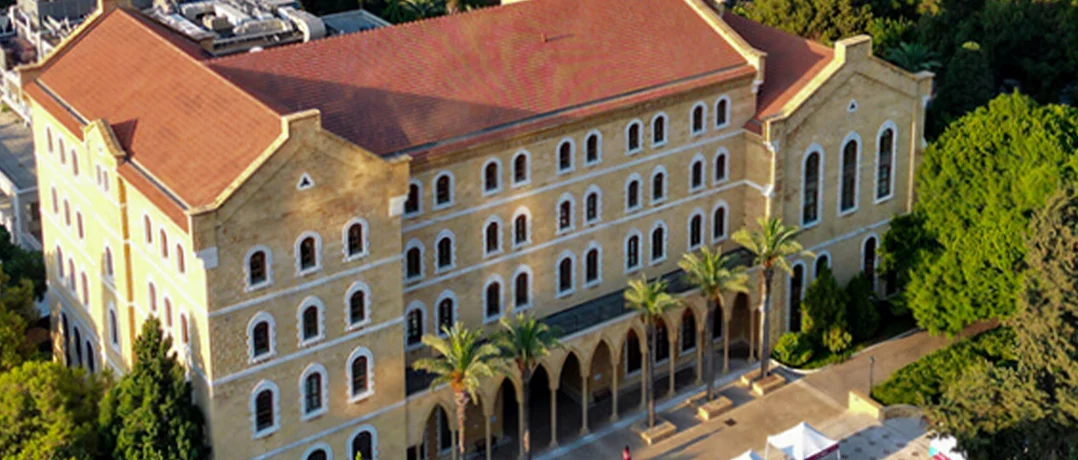AUB’s Secular Club victory challenges traditional parties, focusing on student concerns and political independence.
Secular Club wins AUB student elections, challenging traditional party dominance
Secular Club wins AUB student elections, challenging traditional party dominance


The Secular Club has won this year’s student elections at the American University of Beirut (AUB), marking a notable shift in campus politics away from lists affiliated with traditional political parties.
The group ran an issue-based campaign, focusing on student concerns and emphasizing independence from Lebanon’s sectarian structures. According to the club, their strategy involved surveying student interests across faculties and selecting candidates aligned with those priorities.
“The Secular Group prepared for this election by surveying the interests of students across different faculties and preparing candidates that align with its values,” said Ahmad Sabra, MSFEA representative to the University Student Faculty Committee (USFC). “What makes this campaign different is that it’s an interest-based, issues-based campaign. Traditional parties mobilize people based on identity and affiliation; we work to provide a platform of ideas that reshape how students understand their objectives and interests.”
Sabra explained that the club sought to separate students’ understanding of national politics from their immediate concerns on campus, ensuring that candidates were actively engaged within their faculties and connected with their constituencies.
The club also cited the October 17, 2019 uprising as an inspiration for their organizational model, emphasizing the need for institutions capable of consistently representing student interests.
“The revolution played a very important role,” Sabra said.
But it’s about building on it institutionally, creating bodies that can continuously speak to their constituencies.
Alexandre Nakad, FAS representative to the USFC, described the campaign as focused on outreach and strategic networking.
“We spent weeks campaigning with voters, selecting the right candidates, and tailoring our message around what students want and need for a better AUB experience,” Nakad said. “We also emphasized the role students can play in politics, including reviving debates on campus.”
On the meaning of secularism, Nakad said:
Being secular means respecting the free practice of religions, while still detaching religion from politics.
Asked about the broader political implications of the victory, Nakad noted that while the impact on national elections is uncertain, the results reflect student concerns over sectarian divisions and political stagnation in Lebanon.
The Secular Club’s newly elected representatives will take office with a focus on campus initiatives and student engagement, aiming to translate campaign promises into practical policies while maintaining a cross-faculty, issue-driven platform.
The election results may signal a generational shift in political attitudes, highlighting the growing influence of youth voices in Lebanon’s social and political landscape.


